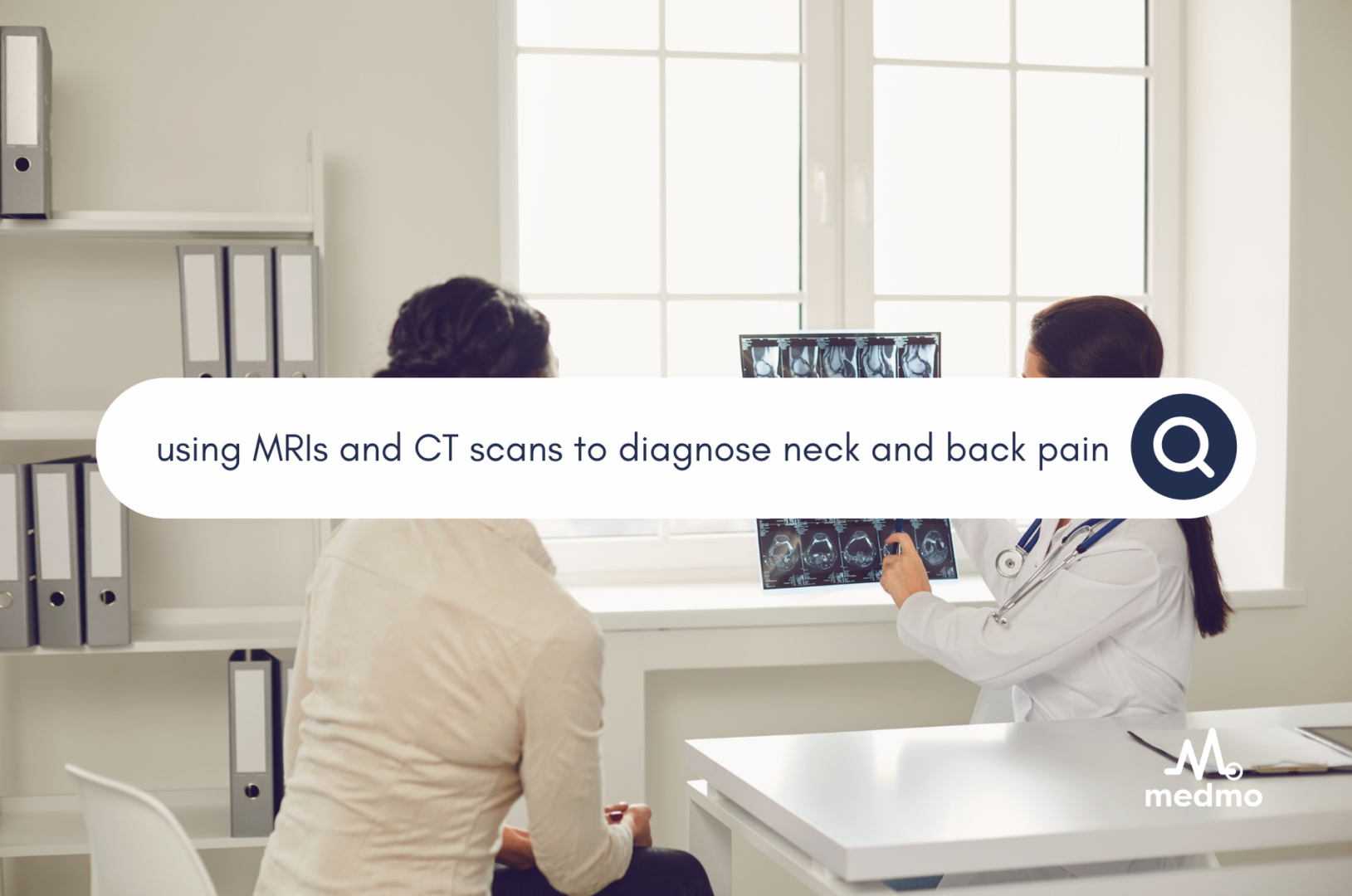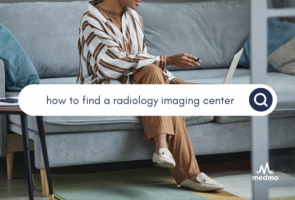
Using MRIs and CT Scans to Diagnose Neck or Back Pain
Do you need an MRI for your neck or back pain?
Neck pain can indicate many different problems of the cervical spine, including muscular injuries, arthritis, infections, tumors, and herniated discs.
An MRI or CT scan (also known as CAT scan) may help locate the problem, confirm the diagnosis, and guide treatment. So how do you know if you need one?
Why don’t doctors order scans for everyone with neck pain?
First, many people with neck pain improve with “conservative” treatment alone – meaning medication, stretching, and massage. Second, imaging tests are expensive. Third some scans (like CT scans and X-rays) cause radiation exposure. Finally, many people with no symptoms have abnormal scan findings. In one experiment, about one in four healthy volunteers had herniated cervical spinal discs on their MRIs. Therefore, an abnormal scan may not mean anything unless combined with specific symptoms.
So who does need an MRI or CT scan?
Based on the above, doctors usually recommend cervical spine scans only if you meet one (or more) of the following descriptions:
- Symptoms for > 4-6 weeks despite adequate conservative treatment
- Fever and weight loss (higher risk for cancer or infection)
- High risk for infection (e.g., you’re on immune-suppressing medications)
- Prior history of cancer (higher risk of a tumor in your neck)
- Evidence of nerve compression (pain, weakness, and/or slow reflexes in one or both arms)
- Significant, recent injury to the head or neck (though the scan is usually done in the E.R.)
Doctors are also more likely to get a scan if you’re over age fifty, since you’re at higher risk of serious problems.
Which type of scan should you get – an MRI or CT scan?
In most cases, an MRI without intravenous contrast is the preferred test. It doesn’t involve radiation, and it can clearly show the spinal cord, nerves, discs, and other relevant structures. If the MRI is abnormal, you may need another one with intravenous contrast.
If you have metal in your body and cannot have an MRI, your doctor may instead order a CT scan.
Of note, if your doctor thinks your symptoms could be from cervical spine arthritis, the best initial test may be plain X-rays of your neck.
To book a scan, visit us at Medmo.com. Medmo helps people schedule radiology imaging tests – such as MRI, CT scans, PET, and more – at nearby accredited centers and identify the payment solution that works best for them.
Ready to get started?
Here’s what you’ll need to schedule an appointment
1. Imaging referral / prescription
2. Your contact information
3. Insurance OR card information


